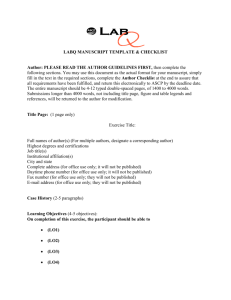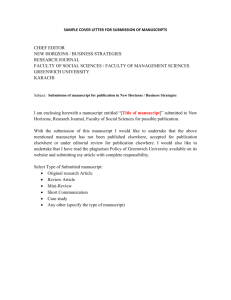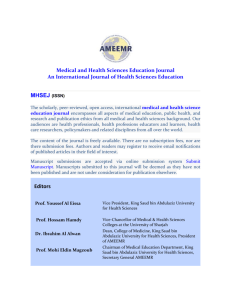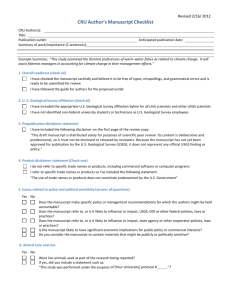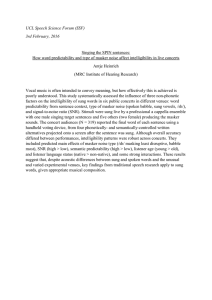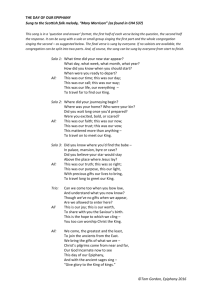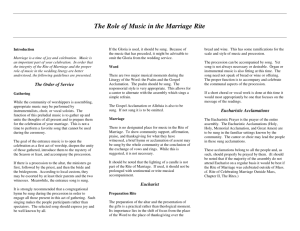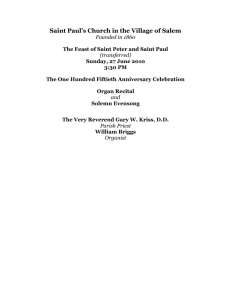Notes on Josquin, Que vous ma dame – In pace in idipsum. I made
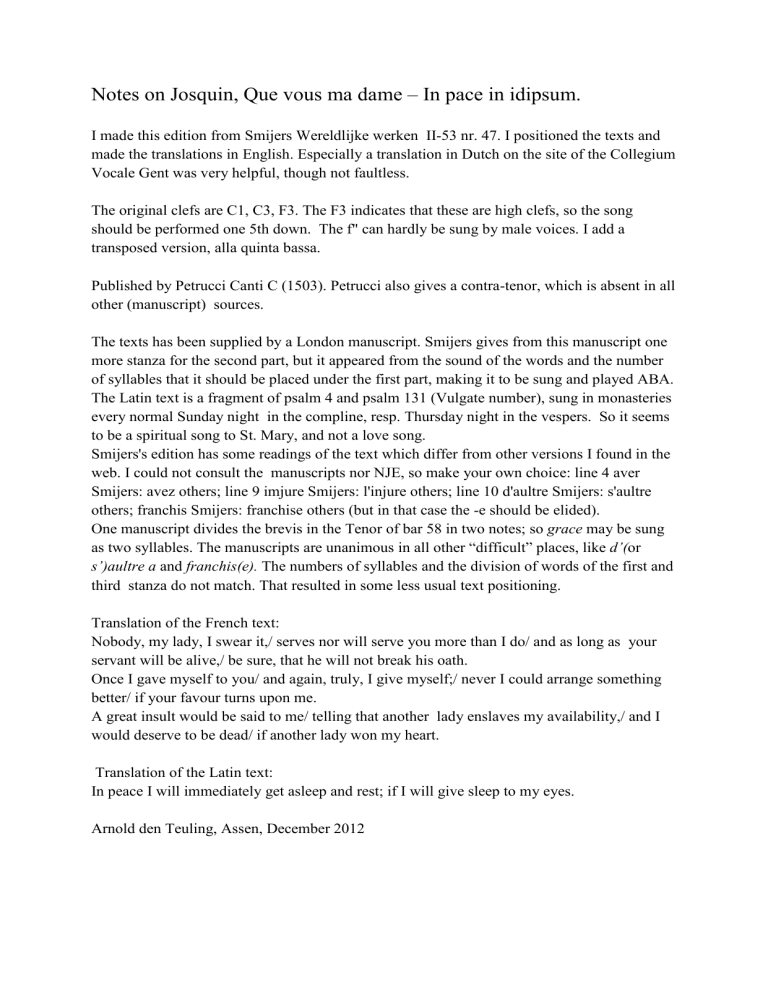
Notes on Josquin, Que vous ma dame – In pace in idipsum.
I made this edition from Smijers Wereldlijke werken II-53 nr. 47. I positioned the texts and made the translations in English. Especially a translation in Dutch on the site of the Collegium
Vocale Gent was very helpful, though not faultless.
The original clefs are C1, C3, F3. The F3 indicates that these are high clefs, so the song should be performed one 5th down. The f" can hardly be sung by male voices. I add a transposed version, alla quinta bassa.
Published by Petrucci Canti C (1503). Petrucci also gives a contra-tenor, which is absent in all other (manuscript) sources.
The texts has been supplied by a London manuscript. Smijers gives from this manuscript one more stanza for the second part, but it appeared from the sound of the words and the number of syllables that it should be placed under the first part, making it to be sung and played ABA.
The Latin text is a fragment of psalm 4 and psalm 131 (Vulgate number), sung in monasteries every normal Sunday night in the compline, resp. Thursday night in the vespers. So it seems to be a spiritual song to St. Mary, and not a love song.
Smijers's edition has some readings of the text which differ from other versions I found in the web. I could not consult the manuscripts nor NJE, so make your own choice: line 4 aver
Smijers: avez others; line 9 imjure Smijers: l'injure others; line 10 d'aultre Smijers: s'aultre others; franchis Smijers: franchise others (but in that case the -e should be elided).
One manuscript divides the brevis in the Tenor of bar 58 in two notes; so grace may be sung as two syllables. The manuscripts are unanimous in all other “difficult” places, like d’( or s’)aultre a and franchis(e).
The numbers of syllables and the division of words of the first and third stanza do not match. That resulted in some less usual text positioning.
Translation of the French text:
Nobody, my lady, I swear it,/ serves nor will serve you more than I do/ and as long as your servant will be alive,/ be sure, that he will not break his oath.
Once I gave myself to you/ and again, truly, I give myself;/ never I could arrange something better/ if your favour turns upon me.
A great insult would be said to me/ telling that another lady enslaves my availability,/ and I would deserve to be dead/ if another lady won my heart.
Translation of the Latin text:
In peace I will immediately get asleep and rest; if I will give sleep to my eyes.
Arnold den Teuling, Assen, December 2012



